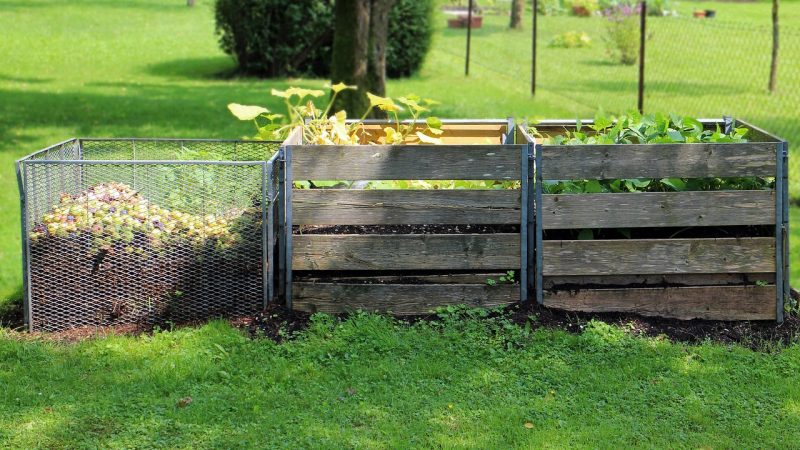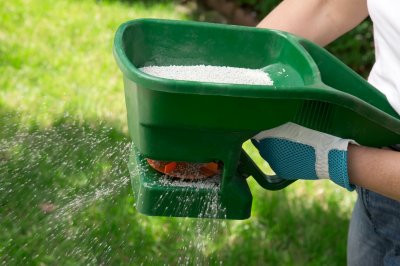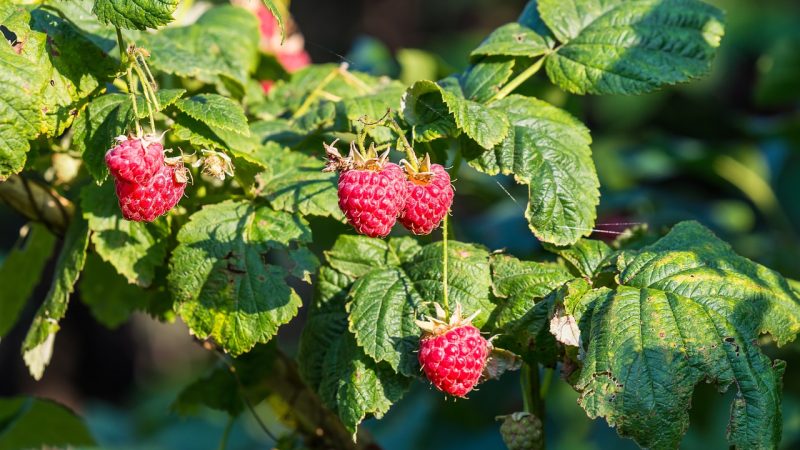Good soil is the foundation for a healthy and thriving garden. If your soil is not up to par, your plants will struggle to grow and produce. Here are five simple tips for improving your garden soil:
- Add Organic Matter
One of the most effective ways to improve your soil is to add organic matter, such as compost or manure. Organic matter helps to improve soil structure, increase soil fertility, and retain moisture. You can add organic matter by incorporating it into the soil or by using it as a mulch.
- Test Your Soil
Testing your soil is an essential step in determining what amendments your soil needs. You can purchase a soil testing kit from a garden center or send a sample of your soil to a lab for analysis. Once you know what nutrients your soil is lacking, you can add the necessary amendments.
- Use Cover Crops
Cover crops are plants that are grown specifically to improve soil health. They help to suppress weeds, fix nitrogen, and add organic matter to the soil. Some popular cover crops include clover, rye, and buckwheat. You can sow cover crops in the fall after your harvest or in the spring before you plant your garden.
- Rotate Your Crops
Crop rotation is a technique used to reduce soil-borne diseases and pests, as well as to improve soil health. By rotating your crops, you can prevent the buildup of pathogens and maintain soil fertility. Rotate crops by planting plants in different families in different locations each year.
- Mulch Your Garden
Mulching is an effective way to improve soil health and reduce weed growth. Mulch helps to retain moisture in the soil, regulate soil temperature, and add organic matter to the soil. You can use a variety of materials as mulch, such as leaves, straw, or grass clippings.
Conclusion
Improving your garden soil is essential for a healthy and thriving garden. By adding organic matter, testing your soil, using cover crops, rotating your crops, and mulching your garden, you can improve soil structure, fertility, and moisture retention. These simple tips will help you achieve a successful garden season after season.







